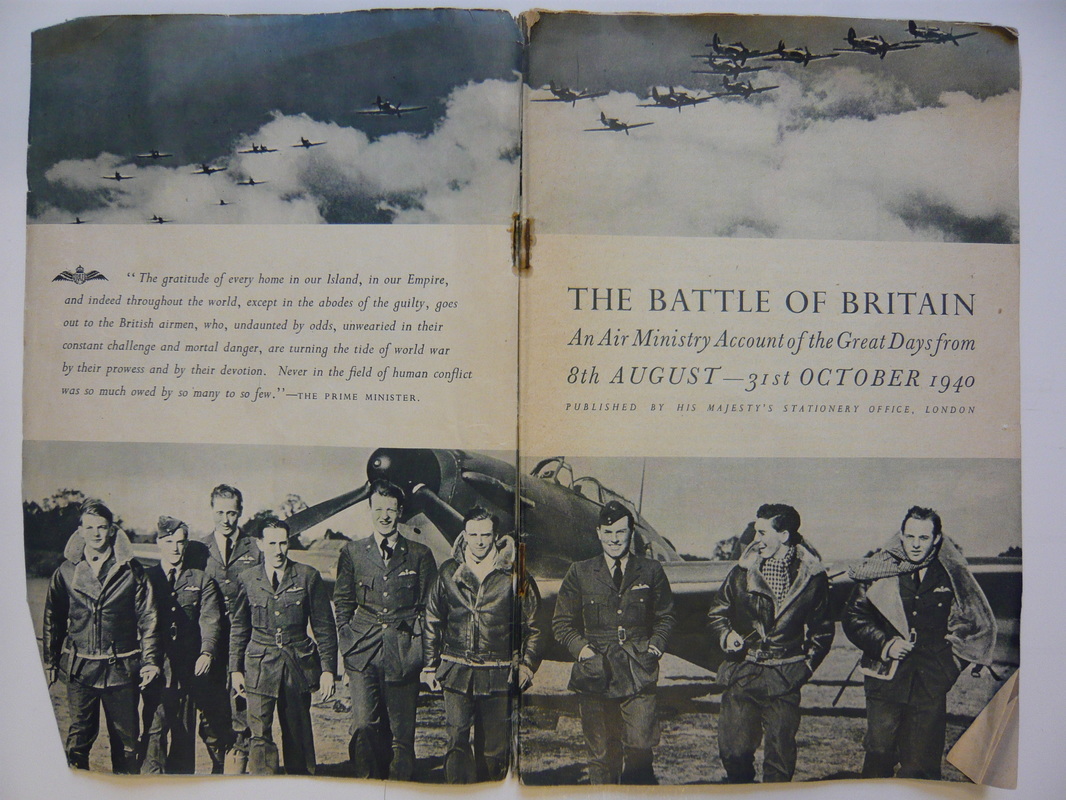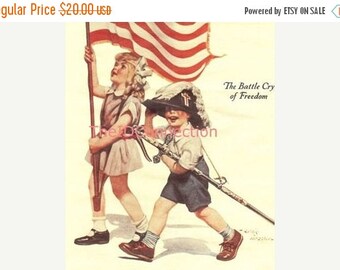

We will meet the rebel host, boys, with fearless hearts and true,Īnd we’ll show what Uncle Sam has for loyal boys to do. We are marching to the field, boys, we’re going to the fight,Īnd we bear the glorious stars for the Union and the right,įor we’re marching to the field, boys, going to the fight So we’re springing to the call from the East and from the West,Īnd we’ll hurl the rebel crew from the land we love the best.

We will welcome to our numbers the loyal, true and brave,Īnd altho’ they may be poor, not a man shall be a slave. We are springing to the call of our brothers gone before,Īnd we’ll fill the vacant ranks with a million freemen more. While we rally ’round the flag, boys, rally once again, We will rally from the hillside, we’ll gather from the plain,ĭown with the traitor and up with the star Yes, we’ll rally ’round the flag, boys, we’ll rally once again, Included here are Root’s two sets of lyrics.

“The Battle Cry of Freedom” was doubtlessly the premier battle song of the Union army. That the song had not even been composed by the time of this battle only elevates its stature. I am not naturally superstitious, but I tell you that song sounded like the knell of Doom, and my heart went down to my boots and though I’ve tried to do my duty, it has been an uphill fight with me ever since that night. A Confederate major during the Seven Days, after watching decimated Union ranks regroup and fight on to its tune, honored the song in this memorable way: Singing groups performed it to solace the wounded and dying battered troops closed ranks and renewed their assaults with it on their lips one Iowa regiment at Vicksburg returned from the field singing it despite having lost four hundred men. Schreiner, a well known Southern composer, adapted a set of lyrics which boldly asserted, “Our Dixie forever, she’s never at a loss,/ Down with the Eagle and up with the Cross,” the Confederacy would never successfully harness its power, and the song remained the distinct property of the North. Root was working as a printer for a Chicago publishing house when he first began to compose stirring battle songs and hymns, among them “The First Gun Is Fired” and “Forward, Boys, Forward.” Supported by the firm belief in his efforts and inspired by Lincoln, he composed “The Battle Cry” in propagandistic haste and was thrilled with its immediate and widespread effect, later remarking that he was “thankful that if I could not shoulder a musket in defense of my country I could serve her in this way.”Īlthough Herman L. Its robust patriotism and marchable melody made it an instant favorite at political rallies and theatrical performances as well as on the battlefield. Root’s “The Battle Cry of Freedom” swept through the Union like a firestorm. Written in response to Lincoln’s call for more troops in 1861, George F.


 0 kommentar(er)
0 kommentar(er)
